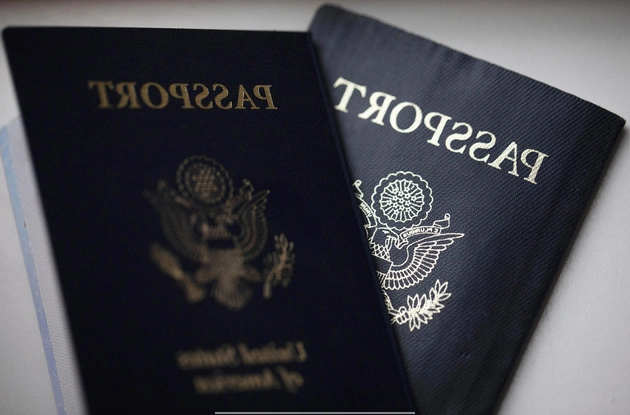
A federal judge has blocked the Trump administration from limiting passport sex markers for many transgender and nonbinary Americans. Tuesday’s ruling from U.S. District Judge Julia Kobick means that transgender or nonbinary people who are without a passport or need to apply for a new one can request a male, female, or “X” identification marker rather than being limited to the marker that matches the gender assigned at birth.
Expanding Gender Identification Options
In an executive order signed in January, the president used a narrow definition of the sexes instead of a broader conception of gender. The order said a person is male or female and rejected the idea that someone can transition from the sex assigned at birth to another gender.
Legal Victory for Equal Protection Rights
Kobick first issued a preliminary injunction against the policy last month, but that ruling applied only to six people who joined with the American Civil Liberties Union in a lawsuit over the passport policy. In Tuesday’s ruling, she agreed to expand the injunction to include transgender or nonbinary people who are currently without a valid passport, those whose passport is expiring within a year, and those who need to apply for a passport because theirs was lost or stolen or because they need to change their name or sex designation.
The White House did not immediately respond to a request for comment. The government failed to show that blocking its policy would cause it any constitutional injury, Kobick wrote, or harm the executive branch’s relations with other countries.
Constitutional Rights Upheld
The transgender and nonbinary individuals covered by the preliminary injunction have shown that the passport policy violates their constitutional rights to equal protection, Kobick said. She noted that the passport policy classifies applicants based on sex and must be reviewed under intermediate judicial scrutiny to ensure alignment with important governmental interests.
Legal Implications and Relief for Affected Individuals
Responding to the lawsuit, the Trump administration argued that the passport policy change does not violate the equal protection guarantees of the Constitution. However, the ACLU presented cases where individuals faced challenges such as receiving passports with incorrect gender markers or delays in processing gender marker changes.
The ruling represents a significant legal victory for transgender and nonbinary rights, emphasizing the importance of equal protection under the law. It sets a precedent for inclusive policies that respect individuals’ gender identities and ensure fair treatment in official documentation.











